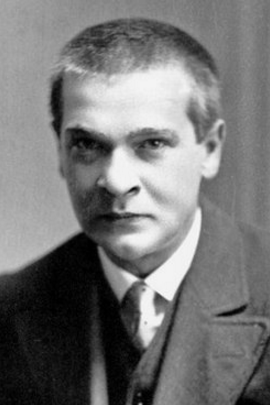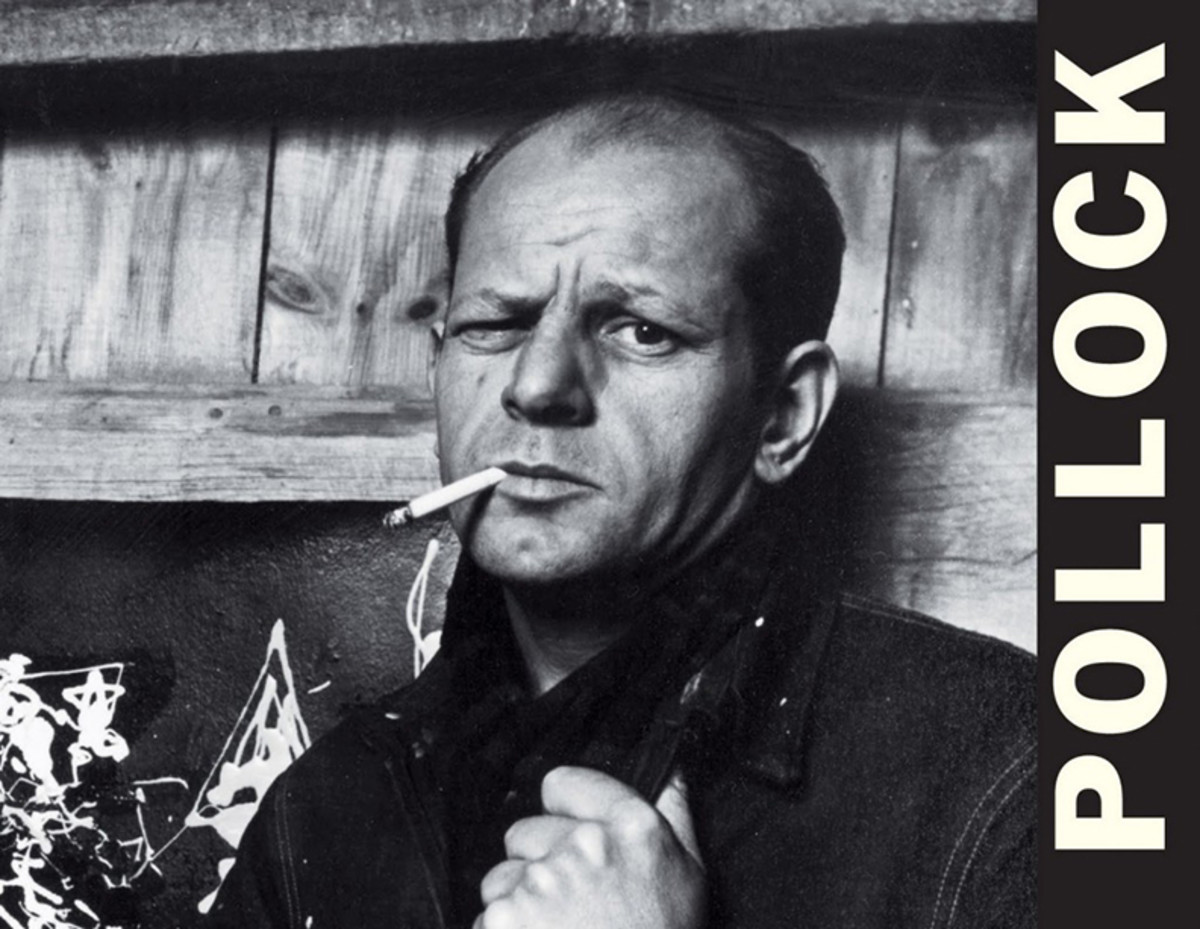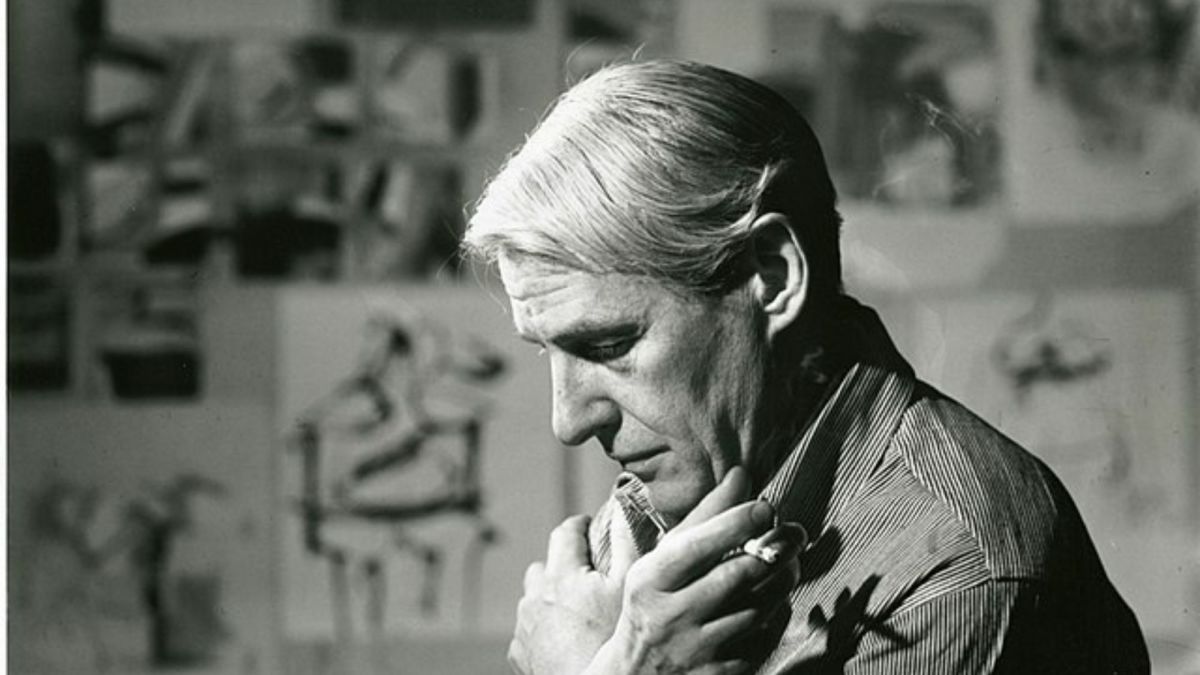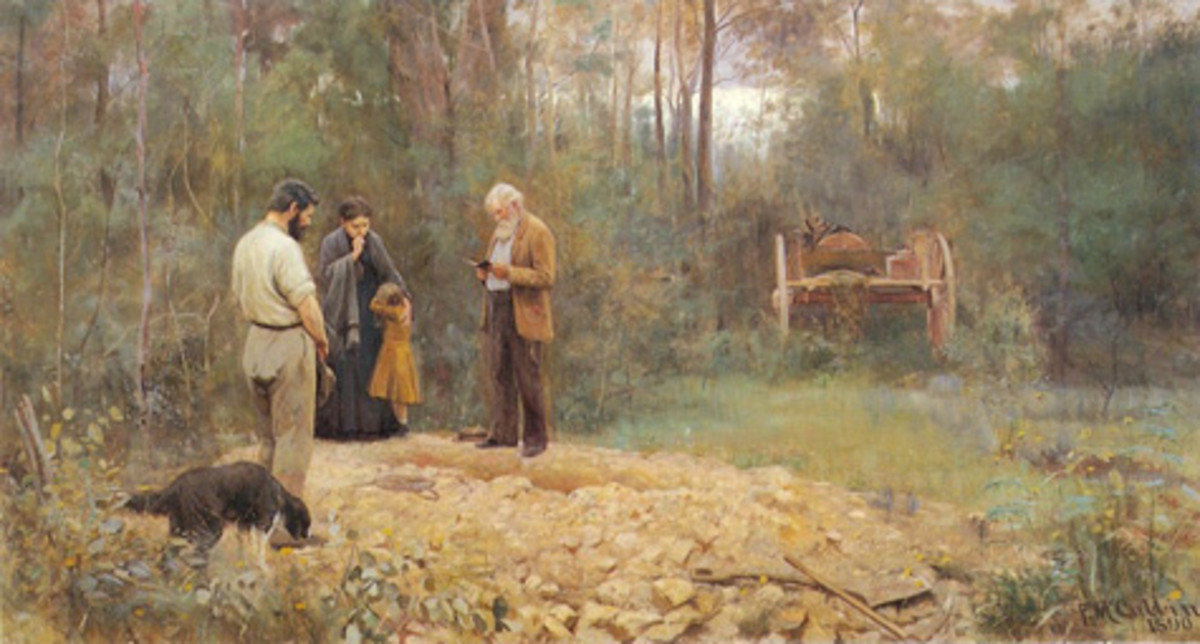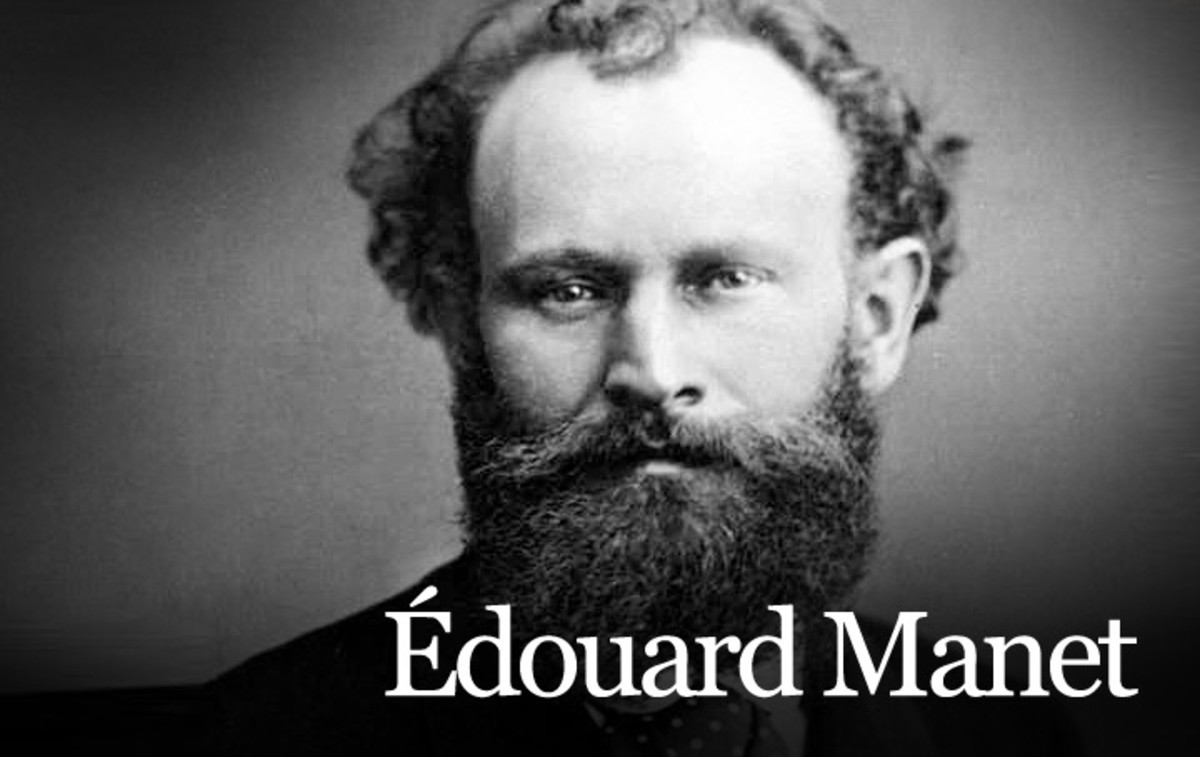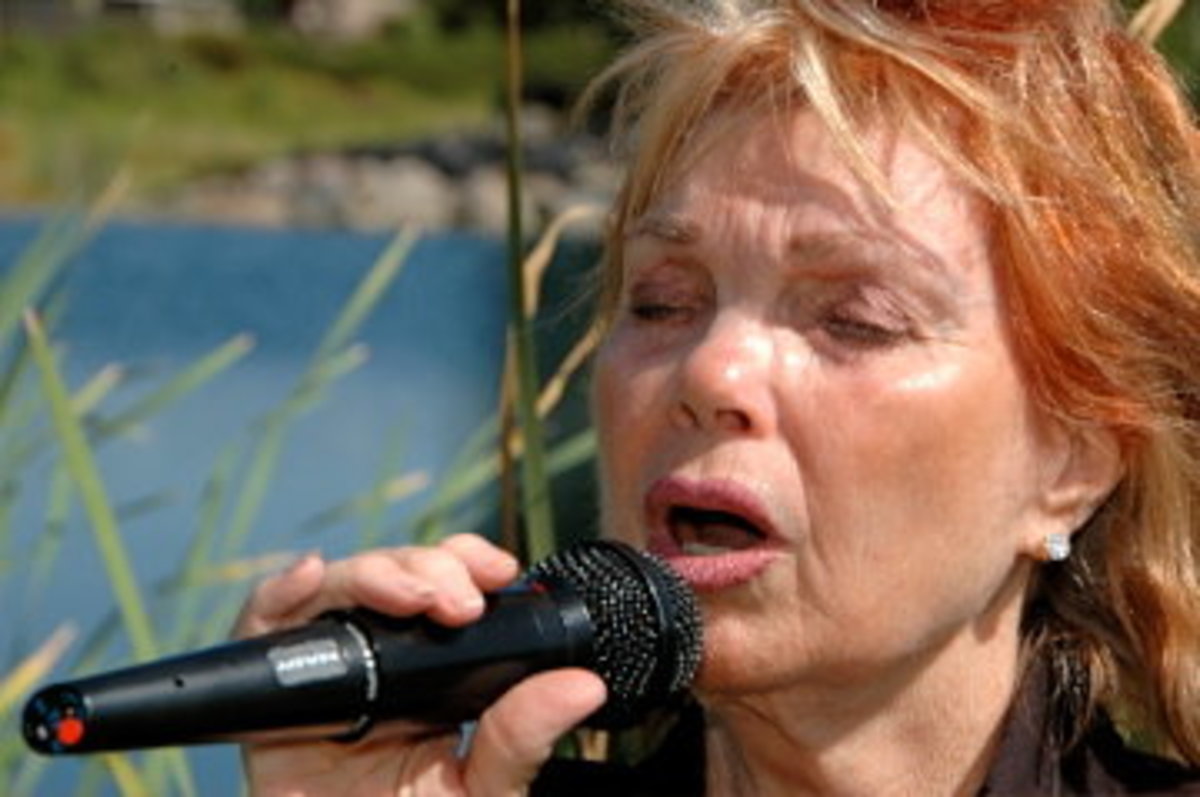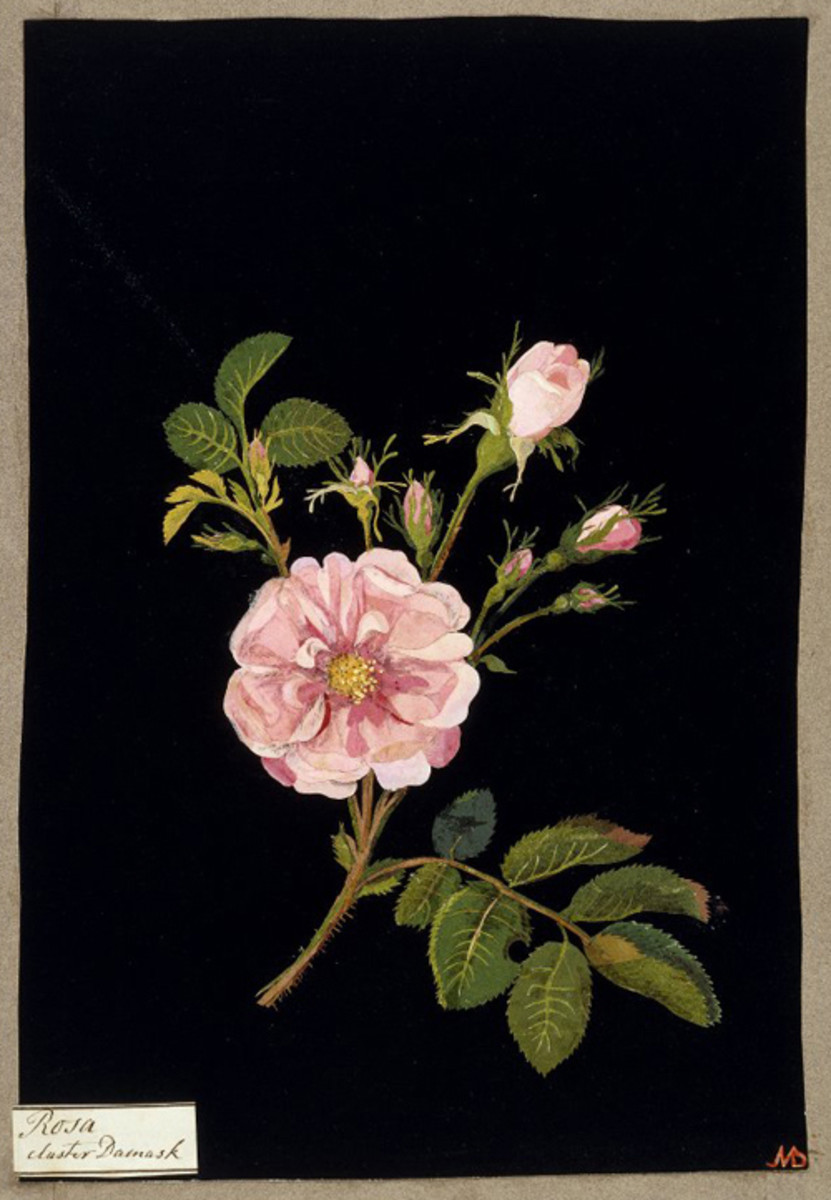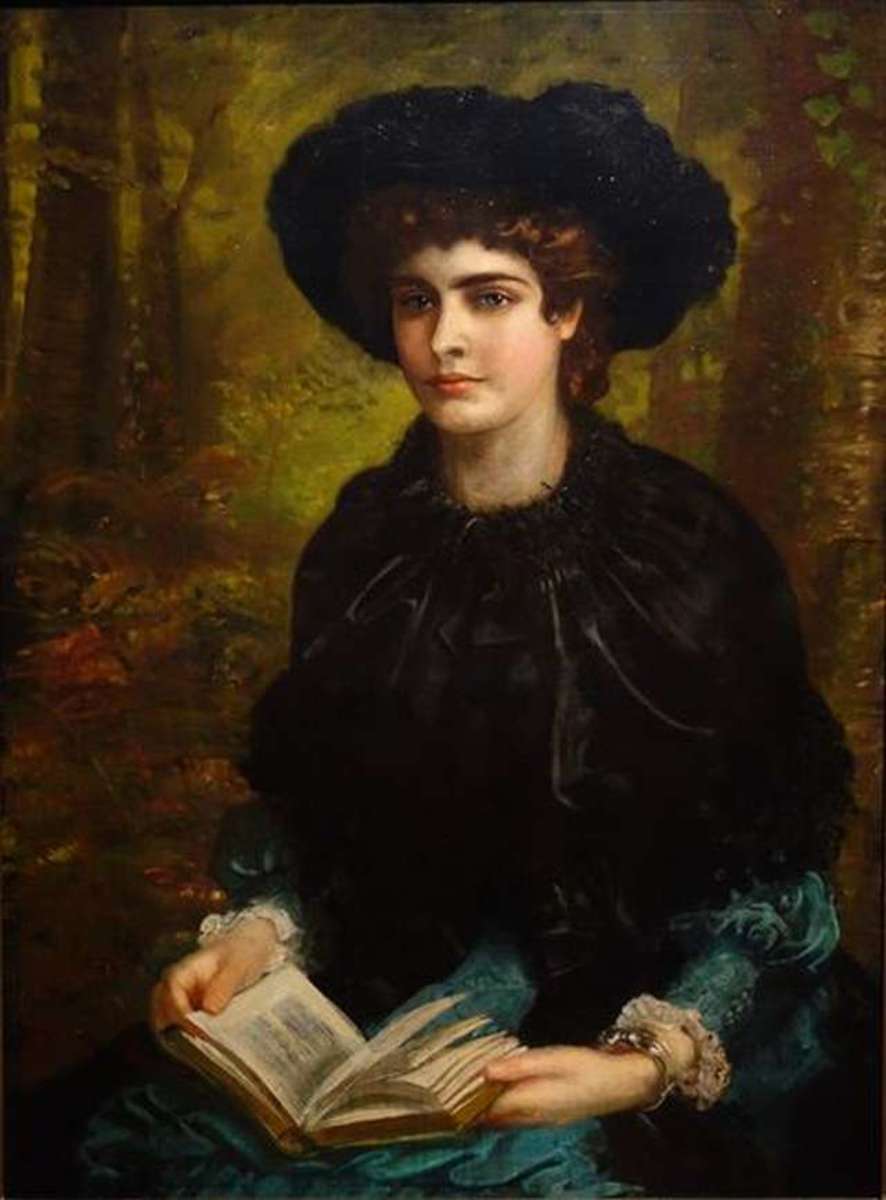5 Talented Artists That Have Passed

Art is an expression.
Art is an expression of the mind; it allows each and every one of us to express ourselves through various mediums and forms – whether it be through vocal expression, or strokes on a canvas.
Some of my favourite and most expressive artists that have passed considered art as a way of provoking thought and embarking on change.
Here is a list of 5 of my favourite artists, who did just that.
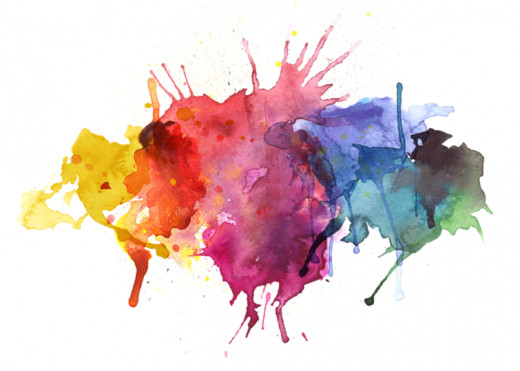
1. Jean-Michel Basquiat
Painter
I remember going to Basquiat’s exhibit in Downtown Toronto at the Art Gallery of Ontario – and just as I walked in, I stood there speechless. I was completely astounded by his approach. Although a common theme was seen in terms of colour and style, each one exquisitely revealed a deeper meaning, and each one increased my appreciation and admiration for his work. Basquiat was known for his distinct style and expressive approach, being one of the most important American artists of the 20th century. Marked with the infamous crown, his work was very much focused on suggestive dichotomies, such as inner verses outer experience, segregation verses integration, as well as wealth verses poverty.
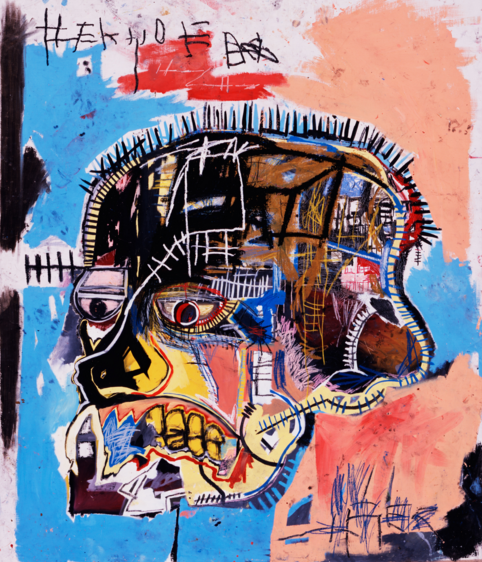
Vote your favourite!
Who is your favourite painter?
2. Salvador Dali
Painter
Dali’s artwork is very much based off of illusion and dream interpretation, as he himself took valuable position within the “surrealist” category. Being well known for his expressive approach, he was sure to add a voice to his imaginations and dreams on canvas. Perhaps his most famous painting was “The Persistence of Memory,” which was painted in 1931. It allows us to relate our own subconscious thoughts to this very one, emphasizing the concept that there are just some things we are unable to see through the naked eye. In addition, it draws light on the fact that the mind is a very powerful tool.
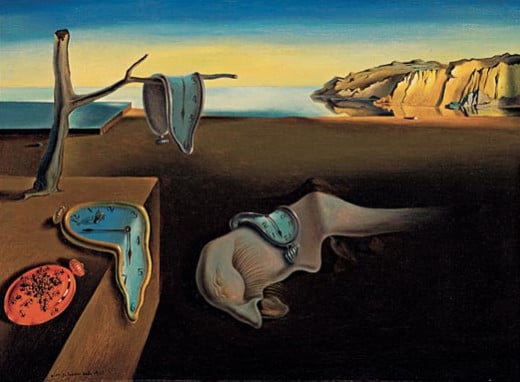
3. Amy Winehouse
Singer/Song-writer
The “Back to Black” singer was a woman many looked up to, not only because of her distinct raspy voice, but also because of her bold personality. She was a woman who never had the urge to conform to anyone else’s standards. In fact, she said she found it hard to understand why people wanted to “think alike and look alike and be alike”.
Even artists like Adele claimed that Winehouse “paved the way” for artists like herself, in that she brought about excitement about British music again, while still maintaining her witty personality.
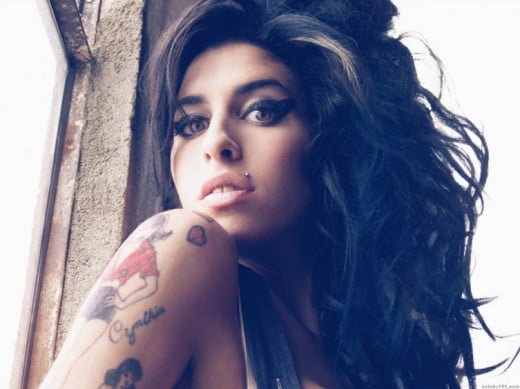
4. Jackson Pollock
Painter
Jackson Pollock, famous for his unique drip painting style, was an influential asset to the abstract expressionist movement. Although he struggled with alcoholism for most of his life, he would still strive to create expressive work that would generate recognition. Pollock was also known for his use of the floor – he would place large canvases on the floor and drip right above them. As he stated once, it made him feel at ease, and as though he were immersed in the painting: “My painting does not come from the easel. I prefer to tack the unstretched canvas to the hard wall or the floor. I need the resistance of a hard surface. On the floor I am more at ease. I feel nearer, more part of the painting, since this way I can walk around it, work from the four sides, and literally be in the painting.”
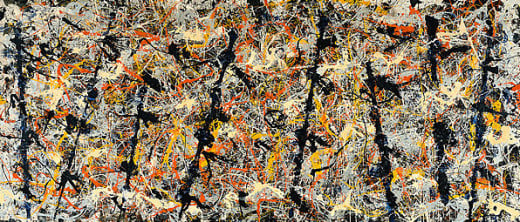
5. Georg Trakl
Poet
After working as a pharmacist for three years, George Trakl decided to experiment with playwriting, and wrote short plays such as “All Souls’ Day” and “Morgana,” both of which were not as successful as planned. After moving to Vienna however, he acquainted himself with a few local artists who helped him out with his work – and not much after did people begin recognizing his work. Some of Trakl’s earlier pieces were more philosophical, and a common theme was his use of evening or night as the time of day. In addition, silence was also a frequent motif within his work. Trakl is most known for his poem “Grodek,” which goes as follows:
At evening the autumn woodlands ring
With deadly weapons. Over the golden plains
And lakes of blue, the sun
More darkly rolls. The night surrounds
Warriors dying and the wild lament
Of their fragmented mouths.
Yet silently there gather in the willow combe
Red clouds inhabited by an angry god,
Shed blood, and the chill of the moon.
All roads lead to black decay.
Under golden branching of the night and stars
A sister's shadow sways through the still grove
To greet the heroes' spirits, the bloodied heads.
And softly in the reeds Autumn's dark flutes resound.
O prouder mourning! - You brazen altars,
The spirit's hot flame is fed now by a tremendous pain:
The grandsons, unborn.
“Grodek” is a significant poem, in that it was written shortly before Trakl’s death from cocaine overdose, around the time of World War I. This particular poem rapidly became one of the highly recognized poems of the First World War. He was not afraid to express himself in the toughest of times, and get his point across.
